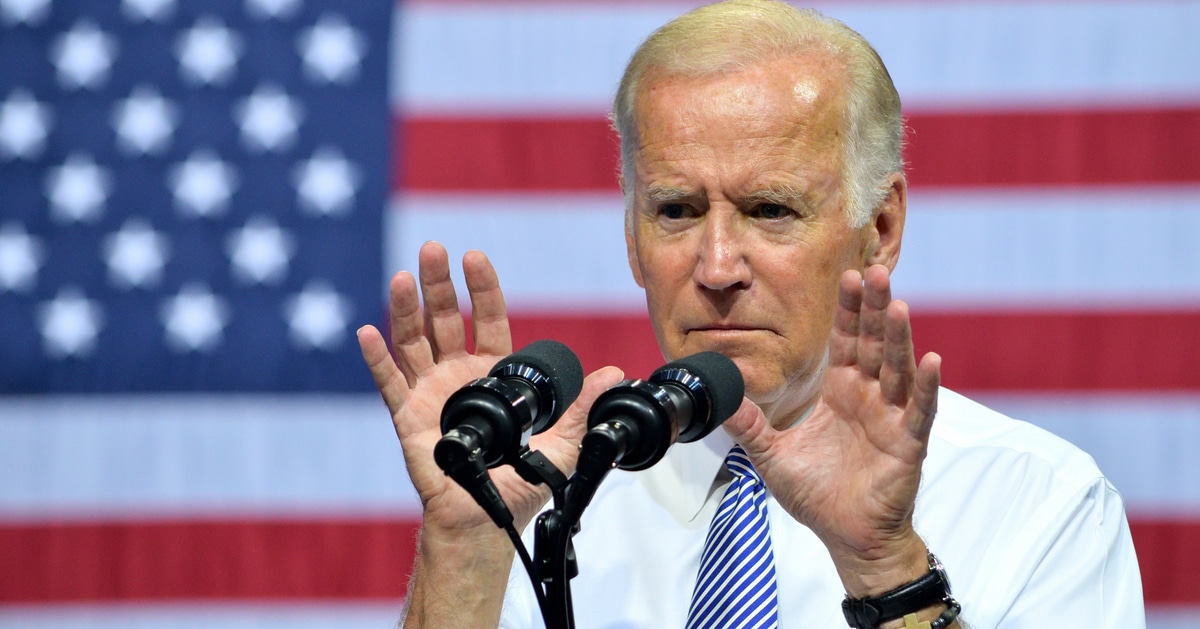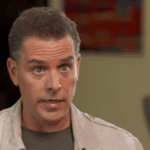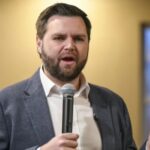

During an intense hearing before the House Oversight Committee, US Secret Service Director Kimberly Cheatle faced rigorous questioning regarding the security failures that led to an assassination attempt on former President Donald Trump at a rally in Butler, Pennsylvania on July 13.
CNN reported that Cheatle acknowledged that there were significant problems at the Butler rally, which is now being referred to as the Secret Service's most substantial operational failure in decades.
The incident, which occurred during Trump's appearance at the rally, resulted in the former president being shot in the ear. Cheatle testified that the Secret Service had been alerted between two and five times about a suspicious person in the area before Trump took the stage.
Cheatle admitted to various problems during the Butler event but emphasized that the resources requested for the rally were provided. Lawmakers from both parties did not hide their frustration with her responses, calling for better strategies to prevent future security oversights.
Cheatle described the July 13 attack as the worst moment for the agency since the unsuccessful assassination attempt on President Ronald Reagan in 1981.
Throughout the hearing, Cheatle was adamant in noting that there were no requests for additional resources that were denied for the event. This assertion did little to alleviate the concerns of the committee members, who pressed for more detailed explanations behind the agency's apparent unpreparedness.
Committee members pointed out that several crucial questions remained unanswered. One major issue involved the presence of Secret Service agents on rooftops in proximity to the rally location.
Another significant concern was the potential use of a drone by the gunman, identified as Thomas Crooks. Cheatle confirmed that the FBI had information regarding the possible drone but indicated that the matter was still under investigation.
Despite facing calls from lawmakers for her resignation, Cheatle remained resolute, defending her leadership and the resources allocated for the rally. She stated, "For the event on July 13, the assets that were requested for that day were given."
Cheatle's assertion did not quell the bipartisan dissatisfaction. Lawmakers expressed that the Secret Service's shortcomings during the attack warranted substantial organizational improvements.
"For the event in Butler, there were no requests that were denied," Cheatle reiterated during her testimony, however, she acknowledged the severity of the failure.
Cheatle's testimony highlighted ongoing gaps in the Secret Service's security protocols, particularly concerning pre-event intelligence and on-the-ground agent placements.
Her acknowledgment that the attack at the Butler rally represented the most significant operational failure in recent decades underscored the gravity of the situation.
Lawmakers were especially troubled by the repeated security notifications about a suspicious individual, emphasizing the need for a more robust response mechanism.
The director's reference to the FBI's ongoing investigation into the suspected use of a drone by Crooks added another layer of complexity to the case.
While Cheatle confirmed the FBI's intelligence, she was unable to provide substantial details due to the investigation's pending status.
The potential involvement of drone technology in the attack highlights the evolving nature of security threats faced by high-profile figures, necessitating advancements in protective measures.
Despite the intense scrutiny and bipartisan calls for her resignation, Cheatle remained defiant. She maintained that the agency had responded adequately with the resources provided, albeit acknowledging the need for improvements.
The hearing concluded with many lawmakers unsatisfied with Cheatle's evasive answers, stressing that the seriousness of the incident demanded transparent accountability and actionable reforms.
"There were 'significant' problems at Trump’s rally in Butler, Pennsylvania," Cheatle admitted, reflecting the gravity of the security breaches.
The testimony of US Secret Service Director Kimberly Cheatle before the House Oversight Committee revealed the deep-rooted concerns lawmakers have over the agency's performance during a July 13 assassination attempt on Donald Trump.
Despite admitting to significant security failures, Cheatle faced bipartisan frustration and calls for her resignation while defending the resources allocated for the event.
Unresolved questions about pre-event intelligence, agent placements, and potential drone involvement underscore the need for enhanced security protocols moving forward.



